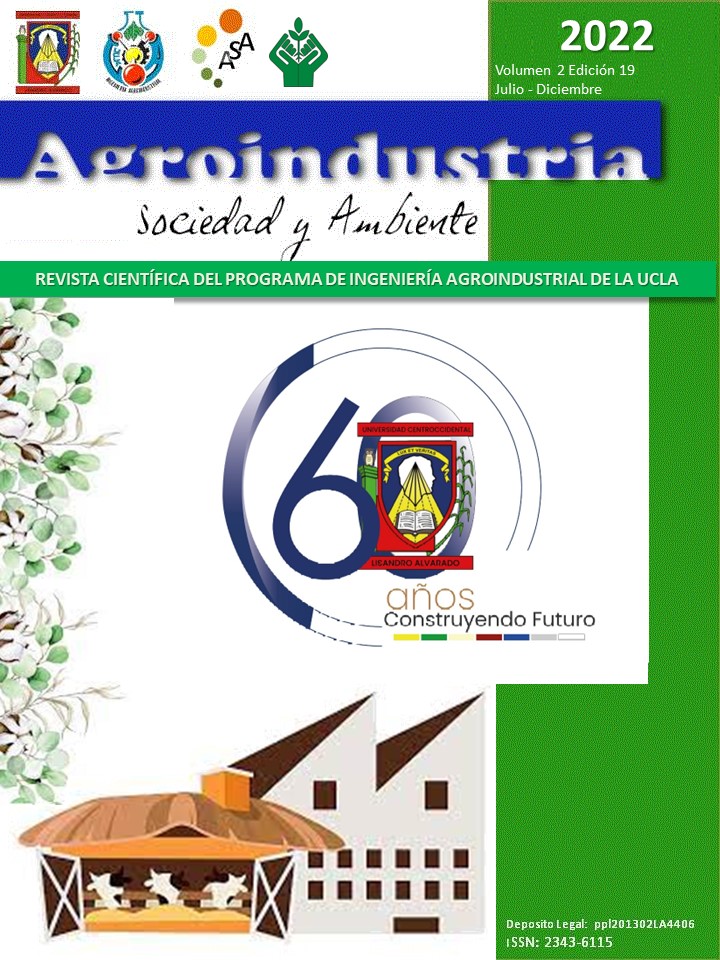Organizational managerial resignification in the fourth industrial revolution
DOI:
https://doi.org/10.5281/zenodo.7365527Keywords:
Management, organization, transversal skills.Abstract
The world and societies have evolved, the fourth industrial revolution has changed the perspective, even the way of doing activities. This carries over to organizational development. The application of specific skills are important within organizations, but transversal skills have taken on a certain role in the digital age. The use of information and communication technologies, change management, negotiation, conflict resolution and intelligent management of emotions must be taken into consideration in the management of the organization. The balance of conceptual, technical and human skills points to the achievement of the strategic objectives of the organization. For this reason, organizations must incorporate the development of all these skills into their strategic plan model in order to adapt to the new times.
Downloads
References
Bauman, Z. (1999). Modernidad Líquida. Buenos Aires: Fondo de Cultura Económica.
Crosby, P. (1992). Dinamica Gerencia. El Arte de Hacer que las Cosas Ocurran. México: McGraw-Hill.
Chiavenato, I. (2009). Introducción a la teoría general de la administración. México: Mc Graw Hill.
Chiavenato, I. (2009). Comportamiento Organizacional. Mexico: Mc Graw Hill.
Fayol H. (1916), “Administration industrielle et generále”, Francia.
Shafritz J, Steven J, Suk Y. (2015). Classics of Organization Theory. Editor Cengage Learning, pp. 496.
Kaplan, R. Y Norton D. (2000): Cuadro de Mando Integral. KPMG Latinoamérica, Gestión 2000, España.
Krygier, A. (1988). "Consultores de Gerencia: ¿Terapeutas de las organizaciones?" Revista Gerente. Mayo.
Kobinger N. (1996) El sistema de formación profesional y técnica pro competencias desarrollada en Québec. en Antonio Argüelles. Competencia laboral y educación basa en normas de competencia en México Limusa, SEP, CONOCER, CONALEP.
Martínez M. (2010). Epistemología de las Ciencias Humanas en el Contexto Iberoamericano. Paradigma 31 (1):7-32.
Schwab, K. (2016). La Cuarta Revolución Industrial. Editorial Debate. Barcelona España.
Singer, M. (2014). “The Role of Culture and Perception in Communication.” In Intercultural Relations: Communication, Identity, and Conflict. Boston: edited by Gary Weaver, 42- 55. Boston: Pearson Learning Solutions.
Ramos, P. S. (2016). Influencia del lenguaje en la construcción de culturas: insumos desde la filosofía lingüística. Quito: UNIVERSIDAD SAN FRANCISCO DE QUITO USFQ.
Thompson y Strickland. (2004). Administración estratégica. México: Mac Graw Hill.
UNESCO (1998): Reporte mundial sobre la educación. Ediciones Unesco, Paris.
Weaver, G. (2014). Intercultural Relations: Communication, Identity, and Conflict. Boston: Pearson Learning Solutions.
Zemelman, H. (2005). Voluntad de conocer. El sujeto y su pensamiento en el paradigma crítico. México: Anthropos Editorial; Centro de Investigaciones Humanísticas. Universidad Autónoma de Chiapas, 2005. pp.29-36.
.
Published
How to Cite
Issue
Section
Copyright (c) 2022 Edgar Salvador Millán Torres , Marisela Estanga Barrios

This work is licensed under a Creative Commons Attribution-NonCommercial-ShareAlike 4.0 International License.




